#german philosophy
Text
“We have art in order not to die of the truth.”
- Friedrich Nietzsche
#friedrich nietzsche#german philosophy#will to power#art#literature#books#philosophy#art and truth#existentialism
191 notes
·
View notes
Text

“The lonely one offers his hand too quickly to whomever he encounters.”
— Friedrich Nietzsche
#friedrich nietzsche#nietzsche#literature#lit#literature lover#literature quote#literature quotes#philosophy#philosophical#philosopher#philosophers#philosophy quotes#philosophy of life#german philosophy#quote#quotes#excerpts#excerpt#quoteoftheday#booklover#book#bookworm#books#book quotes#book quotations
187 notes
·
View notes
Text
Today’s society is no longer Foucault’s disciplinary world of hospitals, madhouses, prisons, barracks, and factories. It has long been replaced by another regime, namely a society of fitness studios, office towers, banks, airports, shopping malls, and genetic laboratories. The society of the 21st century is no longer disciplinary, but a society of the performance. Nor are its inhabitants called ‘subjects of obedience’, but ‘subjects of performance’. These subjects are entrepreneurs of themselves.
Excess work and performance escalate into auto-exploitation. This is much more effective than the exploitation by the others, because it is accompanied by a feeling of freedom. The exploiter is the same exploited. Victim and executioner can no longer differentiate. This self-referentiality generates a paradoxical freedom, which, because of the structures of obligation immanent to it, becomes violence […] In this society of obligation, each one carries with him his forced labor field.
What proves problematic is not individual competition per se, but rather its self-referentiality, which escalates into absolute competition. That is, the achievement-subject competes with itself; it succumbs to the destructive compulsion to outdo itself over and over, to jump over its own shadow. This self-constraint, which poses as freedom, has deadly results..
No-longer-being-able-to-be-able leads to destructive self-reproach and auto-aggression. The achievement-subject finds itself fighting with itself. The depressive has been wounded by internalized war. Depression is the sickness of a society that suffers from excessive positivity. It reflects a humanity waging war on itself.
Today, everyone is an auto-exploiting labourer in his or her own enterprise. People are now master and slave in one. Even class struggle has transformed into an inner struggle against oneself.
― Byung-Chul Han, extracts from The Burnout Society
#Byung-Chul Han#byung chul han#the burnout society#mass culture#culture industry#cultural criticism#philosophy#german philosophy#foucault
627 notes
·
View notes
Text
I notice that Autumn is more the season of the soul than of nature.
— Fredrich Nietzsche
#persephonediary#friedrich nietzsche#nietzsche#philosophy quotes#german philosophy#philosophy#autumn#fall aesthetic#blablabla#academia aesthetic
515 notes
·
View notes
Text
“The most intense suffering, even insanity, arises because the self is divided within itself [Julius Bahnsen:] ‘willing what it does not will and not willing what it wills.'"
— Frederick Beiser, from "Weltschmerz: Pessimism in German Philosophy, 1860-1900"
#frederick beiser#philosophy#julius bahnsen#weltschmerz#german philosophy#german#germany#lit#literature#19th century#suffering#insanity
29 notes
·
View notes
Text

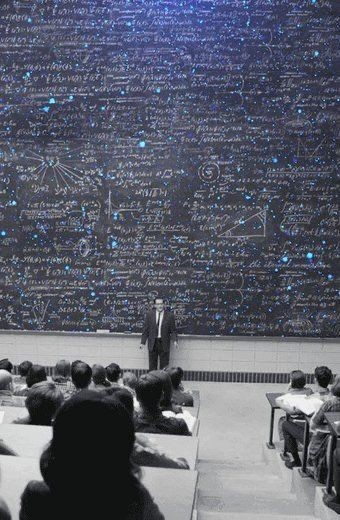
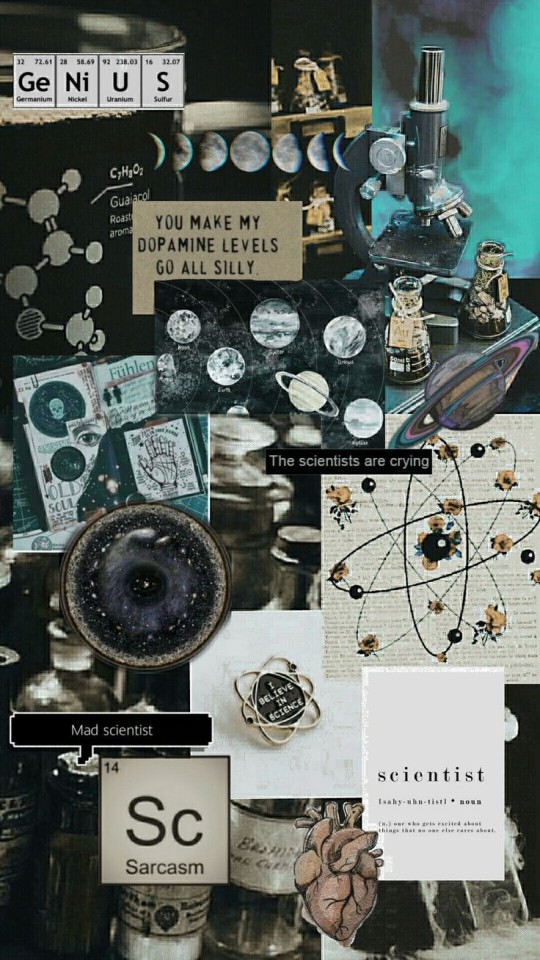
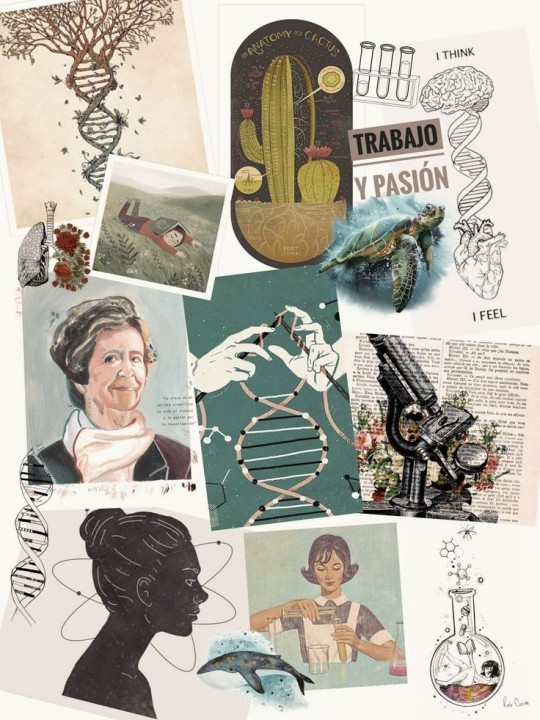


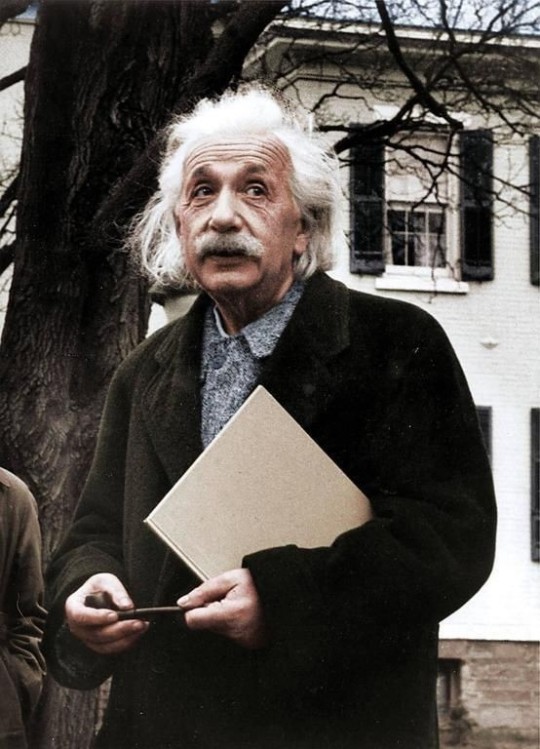

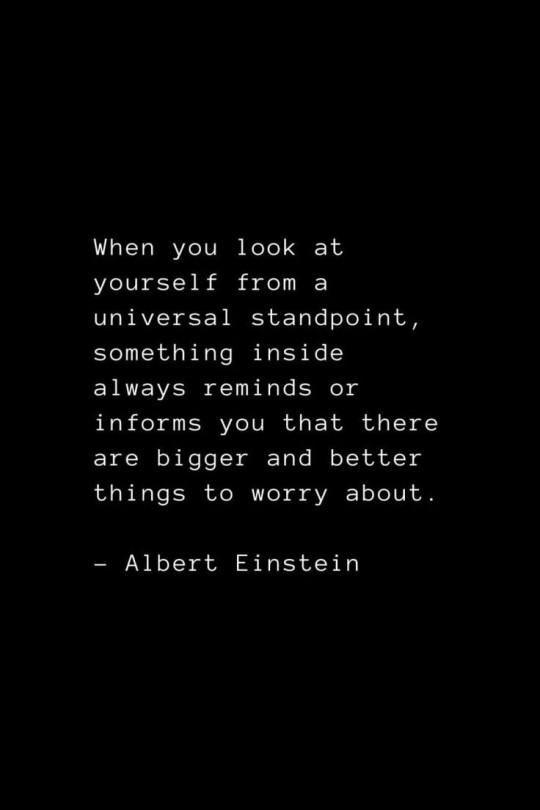

#2014 aesthetic#dark edgy#philosophy#poem#2014 tumblr#grunge tumblr#punk#cats#tumblr grunge#2014 revival#einstein honkai#nina einstein#science#social science#physics#quantum physics#greek philosophy#german philosophy#philanthropy
73 notes
·
View notes
Photo

“The whole spirit, the spirit of religion, is again the movement to achieve, from its immediacy, the knowledge of what it is in-itself or immediately, and to achieve that the figure in which the spirit appears to consciousness is completely equal to its essence and that he intuits himself as he is”
Today in class we were talking about the figures of religion in the Phenomenology of Spirit and about the multiple interpretations of Hegel’s conclusions on religion, from Kojève’s analysis of Hegel as the first atheistic philosophy to the right hegelians’ reading of the figures as Christian. The professor said that “Hegel is like an eel” in the sense that it cannot be easily grasped specially in terms of his idea on religion. And this concept has been living rent-free in my head since then. I present you Hegeel, the great German philosopher from the 19th century.
#Georg Wilhelm Friedrich Hegel#philosophy#german philosophy#phenomenology of spirit#philosophy memes#hegel
19 notes
·
View notes
Text
The less you eat, drink, buy books, go to the theatre or to balls, or to the pub, and the less you think, love, theorize, sing, paint, fence, etc., the more you will be able to save and the greater will become your treasure which neither moth nor rust will corrupt—your capital. The less you are, the less you express your life, the more you have, the greater is your alienated life and the greater is the saving of your alienated being.
Karl Marx, Economic & Philosophic Manuscripts of 1844
#karl marx#german philosophy#alienation#capitalism#being the elite#literary text#books and libraries#world literature#quotes#dark acadamia aesthetic#classic literature#german literature#Karl Marx# Economic & Philosophic Manuscripts of 1844#the unbearable lightness of being
74 notes
·
View notes
Text
"By virtue of the very notion of a poet, poets are everywhere the guardians of nature."
from On Naive and Sentimental Poetry by Friedrich Schiller
#on naive and sentimental poetry#friedrich schiller#schiller#philosophy#german philosophy#german idealism#the german library#idealism#naive#sentimental#poetry#poet#poets#guardians of nature
9 notes
·
View notes
Text
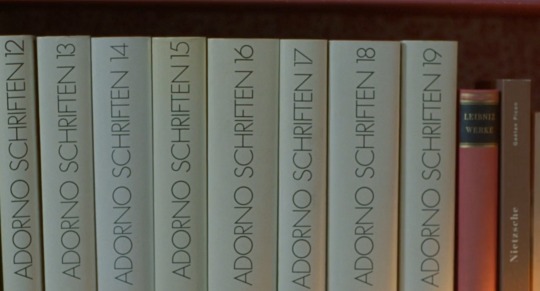
Un beau matin (2022) by Mia Hansen-Løve
Book title
Gesammelte Schriften (volumes 12-19; 1986) by Theodor W. Adorno
Werke by Gottfried Wilhelm Leibniz
a book about Friedrich Nietzsche
#Theodor W. Adorno#gesammelte schriften#books in movies#german philosophy#Gottfried Wilhelm Leibniz#un beau matin#mia hansen love#friedrich nietzsche
8 notes
·
View notes
Text
“You need chaos in your soul to give birth to a dancing star.”
- Friedrich Nietzsche
#art#friedrich nietzsche quotes#german philosophy#existentialism#human all too human#daybreak#twilight of the gods
238 notes
·
View notes
Text
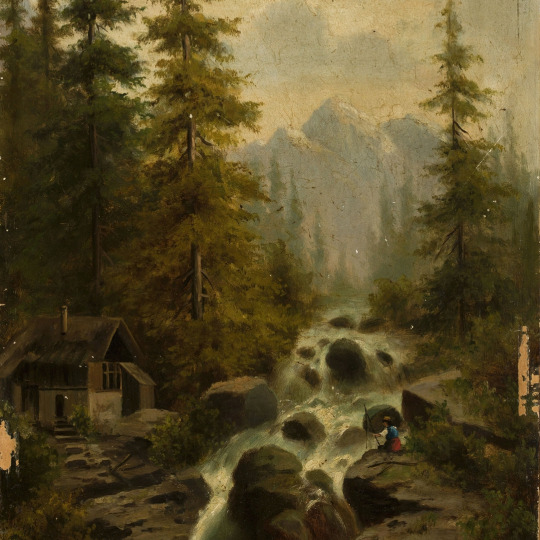
// Art: “Mountain landscape with a waterfall” by Adolf Chwala
“He who cannot obey himself will be commanded. That is the nature of living creatures.”
— Friedrich Nietzsche, “Thus Spoke Zarathustra”
#friedrich nietzsche#nietzsche#literature#lit#literature lover#literature quote#literature quotes#philosophy#philosophical#philosopher#philosophers#philosophy quotes#philosophy of life#german philosophy#quote#quotes#excerpts#excerpt#booklover#book#bookworm#books#book quotes#book quotations#thus spoke zarathustra#art#artwork#classical art#classical painting
206 notes
·
View notes
Text
Socrates vs Nietzsche
Socrates: "Your life is not worth living even if it is examined."
Nietzsche: "Yo mama so ugly even the abyss wouldn't stare at her"
Winner: CLEARLY NIETZSCHE
#socrates#greek philosophy#philosophy#existential crisis#books#im an idiot#nice argument#friedrich nietzsche#yo mama#abyss#thus spoke zarathustra#Socrates gar#German philosophy#litreture#philosophical argument#nihilism#hee hee hee#life is mot worth living#R U SURE THOUGH?
2 notes
·
View notes
Text
you must be ready to burn yourself in your own flame;
how could you rise anew if you have not first become ashes?
Friedrich Nietzsche, Thus Spoke Zarathustra
#friedrich nietzsche#thus spoke zarathustra#persephonediary#woman burning#german philosophy#classic literature#german literature#philosophy#❤️🔥#🐍
39 notes
·
View notes
Text
"Why read Hegel? It is a good question, one no Hegel scholar should shirk. After all, the burden of proof lies heavily on his or her shoulders. For Hegel's texts are not exactly exciting or enticing. Notoriously, they are written in some of the worst prose in the history of philosophy. Their language is dense, obscure and impenetrable. Reading Hegel is often a trying and exhausting experience, the intellectual equivalent of chewing gravel. 'And for what?' a prospective student might well ask. To avoid such an ordeal, he or she will be tempted to invoke the maxim of one of Hegel's old enemies whenever he lost patience with a tiresome book: 'Life is short!' [Footnote revealing that the enemy is Schopenhauer]"
— Frederick Beiser, from “Hegel”
#frederick beiser#georg wilhelm friedrich hegel#hegel#german philosophy#philosophy#german idealism#idealism#19th century#arthur schopenhauer#schopenauer#lit#literature
29 notes
·
View notes
Text

#Nietzsche#Friedrich Nietzsche#Beyond Good and Evil#Beyond Naughty and Nice#Christmas#Santa Claus#Ubermensch#eternal recurrence#ressentiment#philosophy#German philosophy#moustache#Hegel#Foucault#Habermas#Ho Ho Ho#Continental philosophy#Genealogy#Gay Science#Zarathustra#pun#Penguin Classics#penguins#naughty#nice
33 notes
·
View notes